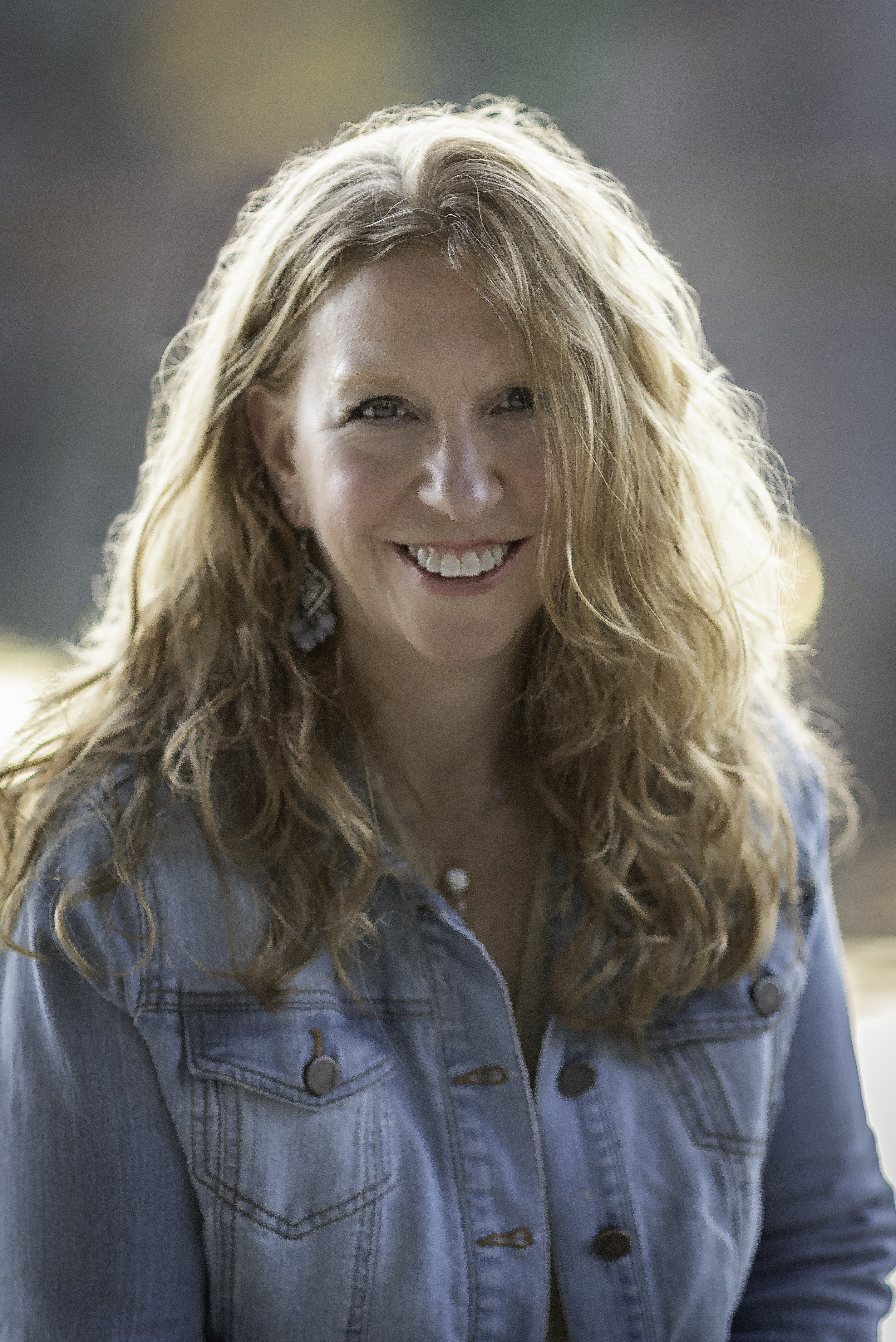The Strengths of Perspective

I once took a personality test that ranked my top strength — out of 24 possible character strengths — as perspective. I laughed when I saw the results. This wasn’t one of those lighthearted quizzes from social media; it was grounded in science and psychology. Still, I couldn’t help but think, Great … how exactly does “perspective” look on a résumé?
I imagined myself in a job interview in my 20s, being asked to share my greatest strength and responding with, “Perspective.” It doesn’t land quite like “persistent” or “trustworthy,” right? It’s hard to quantify. (That Sandra, she’s great at … perspective?) And yet, I wasn’t surprised. I’ve always longed to go beyond surface pleasantries — and skip right past boring meetings — to get to the real stuff.
If I could, I’d ask strangers on the street: What keeps you up at night? What’s your greatest wish? Your biggest struggle? What’s the best thing that’s ever happened to you? What’s your top goal right now? I’d love to hear someone’s top three coping strategies for when life falls apart. Or dive into a question I once heard from author Jon Gordon: If your life were a movie, what would the audience be screaming at you to do right now?
I know I can sound intense. I can lighten up — I promise. But I love learning what makes people tick, because under all the noise, we have much more in common than we realize. It’s all a matter of perspective.
I majored in journalism — a field designed for the curious. After college, I realized I wasn’t just leaving campus behind. I was closing the door on dysfunctional family dynamics too. I’d still visit, but I no longer had to live there. My therapist once pointed out the irony: childhood homes are supposed to be safe, but for me, safety existed elsewhere. That realization felt like freedom — like I had just stepped out of jail and into the open sky.
Growing up with an alcoholic parent affects the whole family. I often wondered why they went to the trouble of adopting my sister and me. That pain — once overwhelming — became the fuel that propels me forward. I call it reverse gratitude: being deeply thankful for what no longer exists. That single idea still grounds me, daily.
We don’t choose adversity, but adversity can shape us. Being adopted often felt like being dropped into a story already in progress — a board game piece placed in the wrong box. I am not them, I thought. But that realization gave me distance, and in time, strength. I chose not to dwell on why I was given up for adoption, just to acknowledge: There’s a story I don’t yet know.
Years later, I met my birth mother. She asked if I felt resentful. I didn’t. She was just a teenager. There was a story. That belief — that everyone has a story we don’t know — still guides me.
It’s how I try to walk through life: with compassion.
My experience built my inner resilience.
Processing my past felt like cleaning out a cluttered attic. At first, I was afraid to go up there alone. But therapy helped me transform it — into something peaceful, strong and safe. We can renovate our minds. We can create spaces where we feel grounded.
Writing helped too. Journaling became a cathartic tool — something I did to understand my thoughts, release my emotions and reclaim a sense of self during chaotic family storms.
Never miss a lesson.
Childhood shaped my perspective in permanent ways:
A mother passed out on the floor.
A car in a ditch because she took her hands off the wheel with me inside.
Hours of verbal abuse.
A distant father who didn’t protect us and who was unpredictably violent.
A house full of conflict and fear.
That kind of pain gives you perspective. It helps you zoom out. It minimizes small complaints and clarifies what really matters. It’s made me fiercely protective of my peace. I don’t want to create chaos in my own life — or in anyone else’s.
We can’t undo our childhoods. But as adults, we can choose healing. We can let our experiences build our capacity.
I made it through ____. I can figure this out.
If we absorb the lessons, if we let ourselves feel, if we cultivate compassion, our hardest experiences can shape us into better humans. Today, I try to model mental resilience for my daughters and equip them with the inner tools to face life’s challenges.
Life is beautiful — if we choose to see it that way.
And here’s the best part:
We can shift our perspective at any time.
How could I look at this differently?
How can I reframe this challenge?
In what way could empathy help this situation?
As a child, I loved catching fireflies — just for a moment — before letting them go. That tiny light in the dark? That’s what healing can feel like.